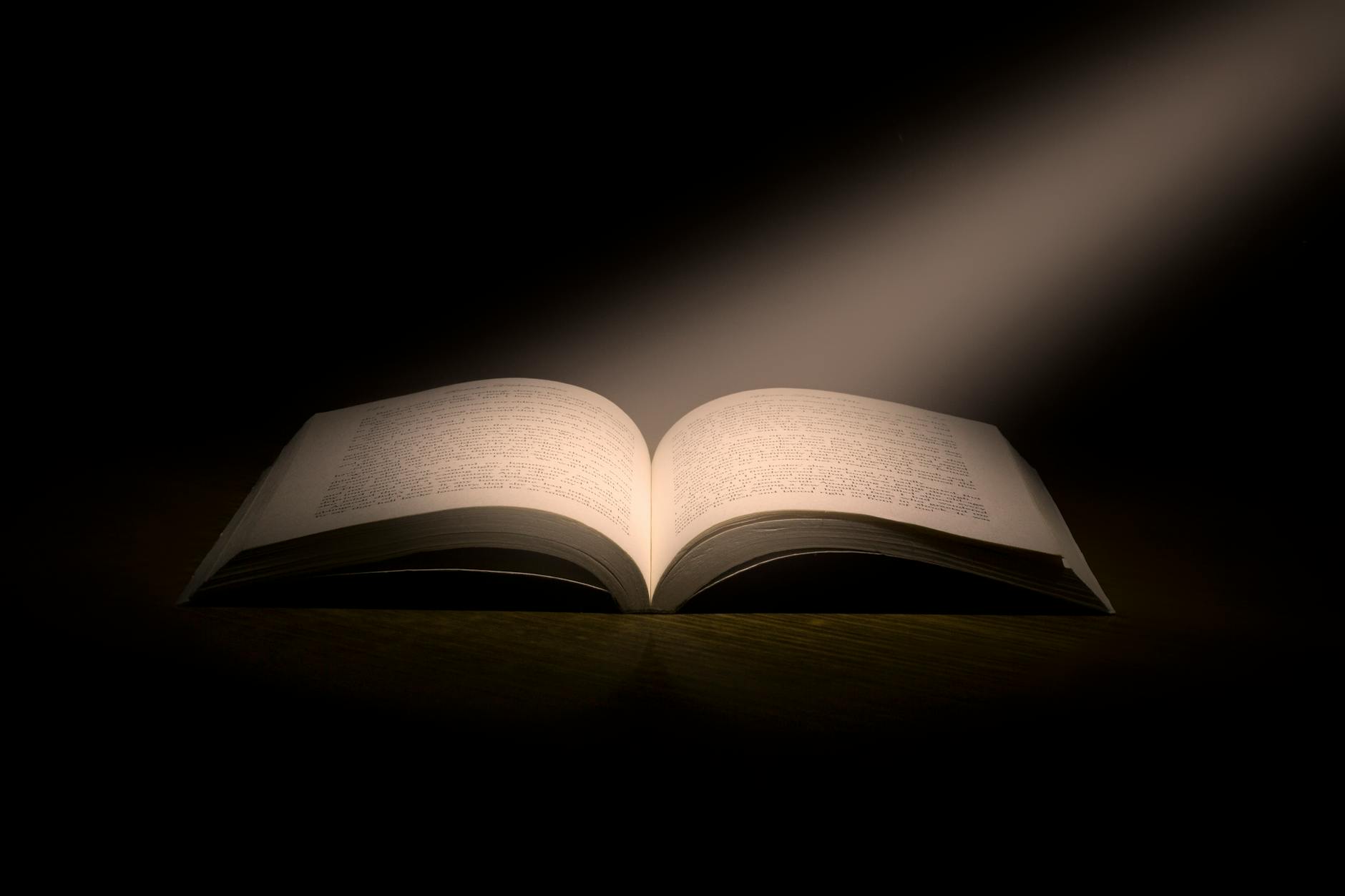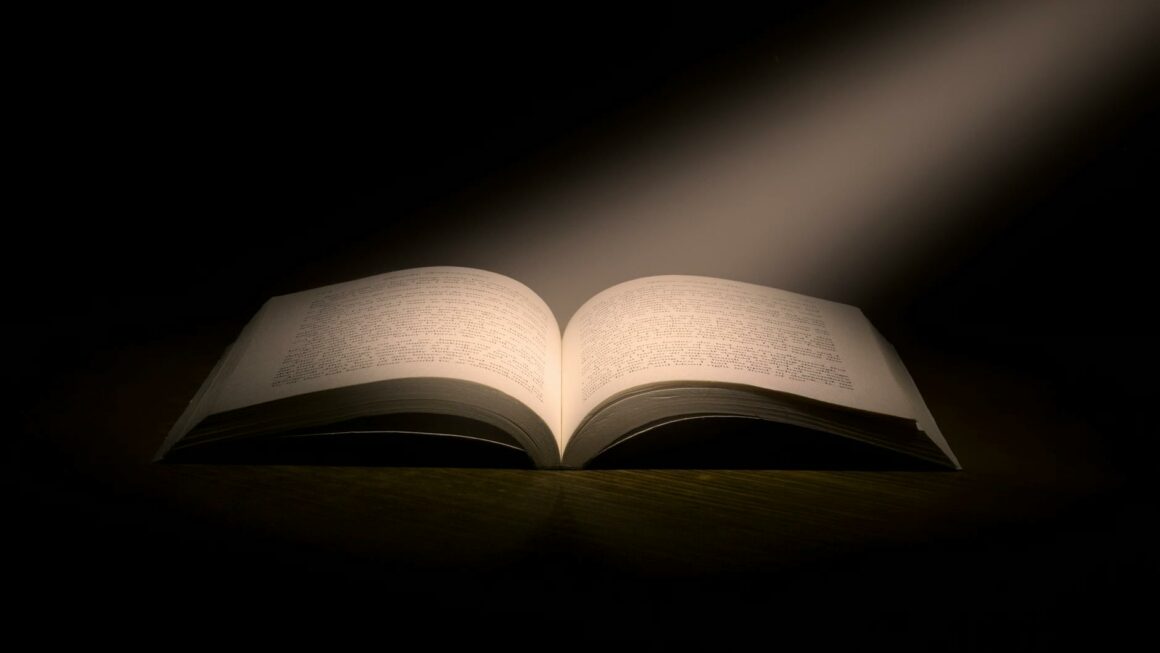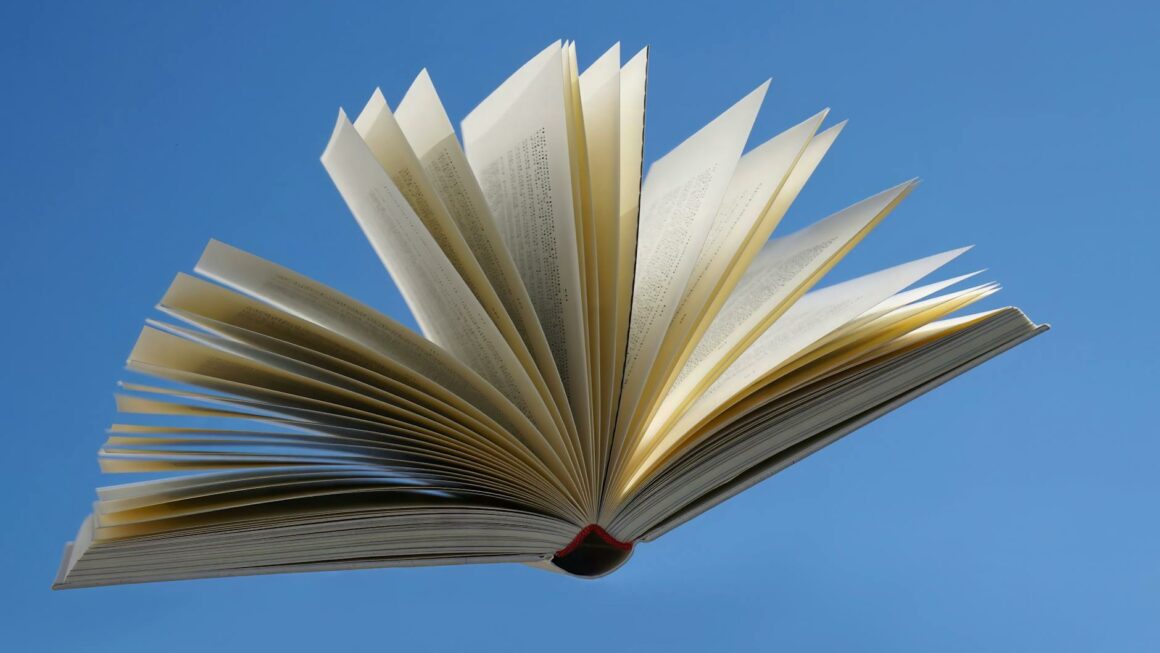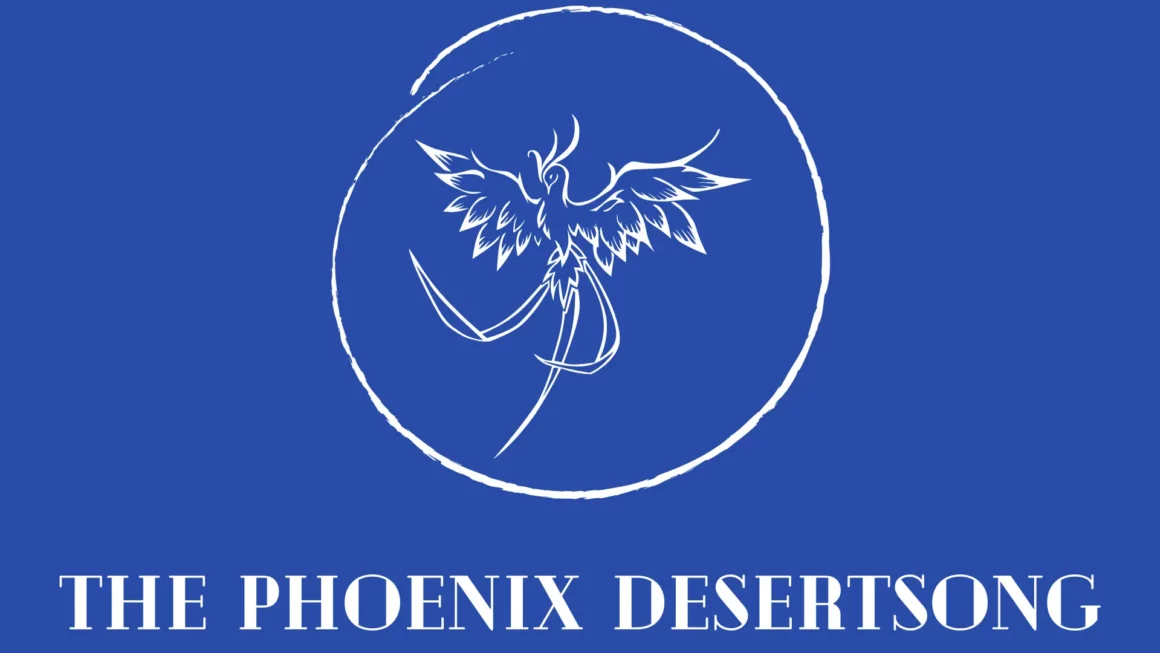The hardest part of writing is knowing what not to write. Writing is often as much about what you leave out as what you include. It’s much like sculpting; as a sculptor removes pieces of marble to reveal the form within, a writer discards words to uncover the true essence of their message. When you write, your goal should be to distill an important moment or idea into its most distinct essence.
Doing so involves a deep understanding of what truly matters in your narrative. You need a discerning eye to identify which details are essential and which are extraneous. This process can be immensely difficult because every word might feel like it contributes to the story. But, not all words carry the same weight, and only through experience do you realize how to properly weigh them.
Finding the right words involves trial and error. It’s very rare that a first draft becomes the final product. Whenever you put forth a flood of words, you must realize that many of them will not quite serve their purpose. The act of writing is only the beginning, It’s through careful and sometimes ruthless editing that the true core of your message emerges. In fact, your final conclusion may surprise you.
The editing process is crucial in refining a piece of writing. Even for short essays like this one, my initial draft was cluttered with unnecessary details that needed to be eventually cut to enhance clarity and impact. Especially for some one as naturally verbose as myself, clarity and brevity in my writing is often a struggle. So, each time I sit down to edit my brain vomit, I must go into each piece with the understanding that less truly is often more. A few well-chosen words can convey more than a lengthy exposition.
Unfortunately, many techniques for my distilling writing, practical as they might seem, rarely work for me. I often read about the “cut by half” method, where you aim to reduce your draft by half to focus on the most important elements. But, when I’ve tried this, I end up losing many of the nuances that I feel are critical to putting forth my own perspective.
What I most often do, and this probably isn’t enough, is read the piece aloud and cut any word, phrase, sentence, or even paragraph that doesn’t further my narrative. Many times, I’ll find a complete non-sequitur, cut and paste it into another document, and spring forth another essay.
Even famous authors struggle with this aspect of writing. How they overcame it varies widely. I’ve found most writing advice to this end to dilute my writing to the point I may as well let a machine write it; Lord knows so many people have already. In fact, many big-time authors — whether they admit it or not — often crowdsource their writing and only keep the parts they like. Most successful authors are better editors than writers. I feel in many ways this is how I’ve improved — I think of myself as a far superior editor than writer anymore. Perhaps, this is for the best, as it puts me in the proper mindset for trimming back the excess.
However, as so many of my essays spring directly from philosophical musings, I often fear leaving out something important. I have an innate desire to capture every nuance of an experience, thought, or idea. Delving into the philosophical aspect of why it’s so challenging to know what not to write will require a much longer treatment than what I aim for here today. But, I do want to leave you with the notion that whenever you write, you’re probably writing too much.
Writing must be seen for the iterative process it is. The first draft is only setting the groundwork. The editing is where the writing really happens. Each word must be carefully considered and weighed for its contribution to the overall piece. Where I think many writers go wrong, and something I’ve had to learn myself over decades, is that you shouldn’t focus on what to leave out until after the first draft.
The best advice I’ve ever gotten about editing is to write your first draft, then forget about it for a bit. Then, you come back with fresh eyes and a different mindset. The further you are from your initial act of creation, the more critical you can be of the results. This is why it’s important to not mind messy first drafts. (There are also such things as “zero drafts” which is a whole different topic.) The further in time you divorce your drafting from editing, the better and more objective you’ll be in editing.
So, the more objective and brutal you are with your editing, you can more effectively communicate the heart of your message. With so much content vying for people’s attention, your writing needs to catch people off guard and grab their precious attention. You need to ensure that what remains after your editing is powerful and evocative. Don’t let the first draft scare you, and don’t let the act of editing scare you, either.
~ Amelia Desertsong



